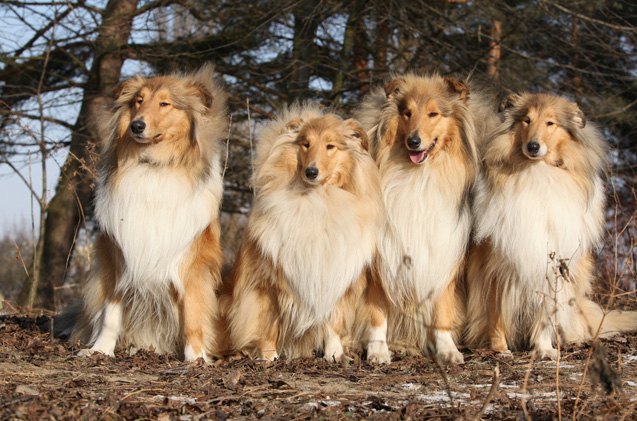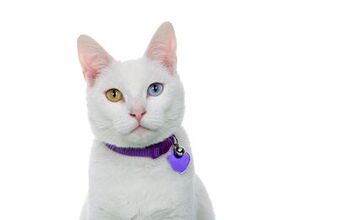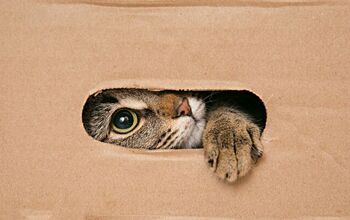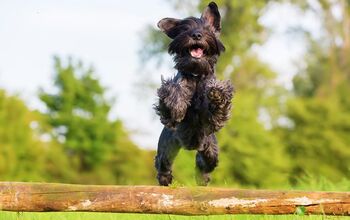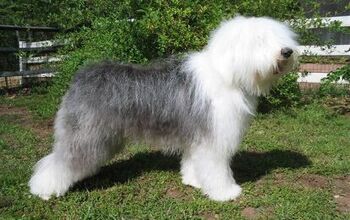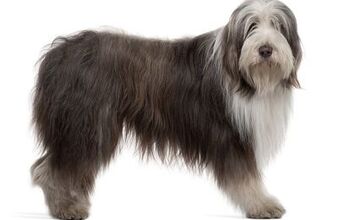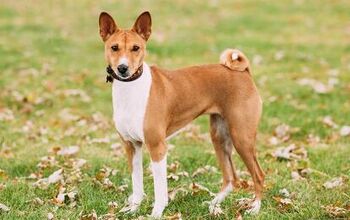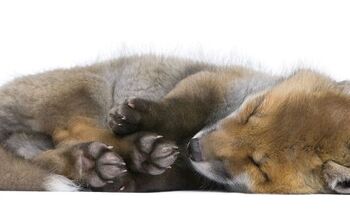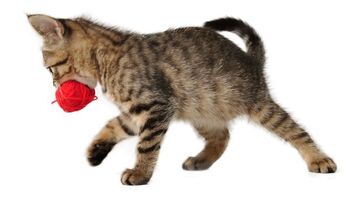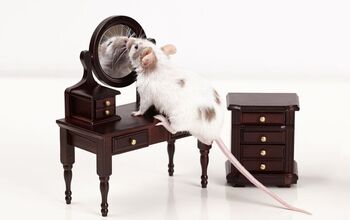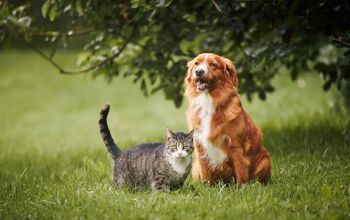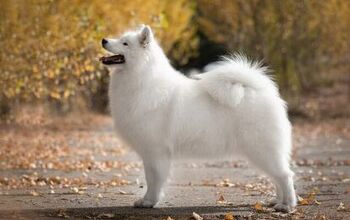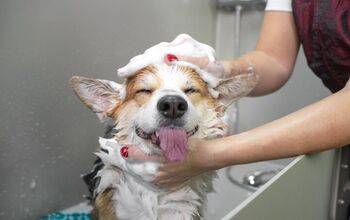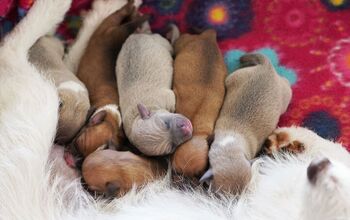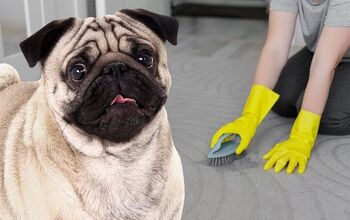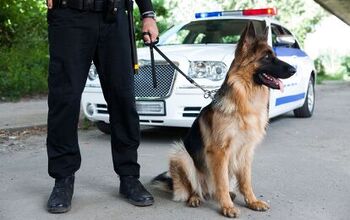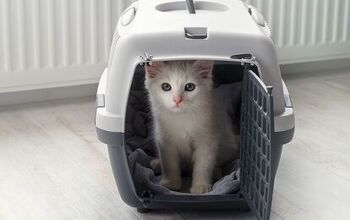Scotch Collie


About Scotch Collie
Though you may not have heard him referred to as the Scotch Collie, you are almost certainly familiar with this breed. A landrace breed that originated in the highland regions of Scotland, the Scotch Collie can be rough coated or smooth coated. These dogs are known for their long, abundant multi-colored coats as well as their intelligence and their herding ability. This breed also makes a wonderful family pet.
The Scotch Collie can be rough coated or smooth coated.
The name “collie” comes from the Old English word for “black” or “coal” and it may have been a reference to the type of sheep these dogs were originally bred to herd. In Scotland, the Scotch Collie was traditionally used for herding sheep as well as other farm animals as well as for guarding the homestead. Many of these dogs were imported to America during the 1800s and 1900s to help farming families and, as their popularity grew, they came to be shown in conformation events.
Though the name Scotch Collie was originally adopted by the AKC, these dogs are now known as Rough Collies or Smooth Collies based on their coat type. Renewed interest for the breed occurred in the 1990s and they came to be known as Old-Time Farm Shepherds or Old-Fashioned Collies to avoid confusion with the more popular and widely recognized collie breeds. The Old Time Scotch Collie Association was formed in the 2000s and the group remains open for Scotch Collies and other farm-type dogs.
The Scotch Collie is a landrace breed that originated in the highland regions of Scotland.
The Scotch Collie walks the line between being a medium- and a large-breed dog, so you may be able to feed yours a high-quality adult dog formula or a large-breed recipe. You might also consider a formula designed for active or working breeds to ensure that your Scotch Collie’s high needs for energy are met. As long as your dog gets plenty of exercise, you shouldn’t have to worry about obesity.
The Scotch Collie is a very intelligent breed that typically responds well to training.
The Scotch Collie is a very intelligent breed that typically responds well to training. As a herding breed, however, these dogs were bred to work somewhat independently so you shouldn’t be surprised if your dog develops a mind of his own. Positive reinforcement training methods are recommended and you should maintain a firm and consistent hand in leadership throughout the dog’s life. Start training and socialization from a young age and keep training your dog through puppyhood and into adulthood.
The Scotch Collie is a medium- to large-sized dog standing 19 to 24 inches tall and weighing 40 to 70 pounds at maturity. Females are slightly smaller than males.
The Scotch Collie is a friendly and active breed that does very well in a family setting. This breed is sweet, loyal, and very affectionate with family members and they get along very well with children as well. Because this breed is so loyal, they can sometimes be a bit clingy and they generally don’t like to be left alone for long periods of time. Scotch Collies are also very smart so they need a lot of mental stimulation to prevent boredom as well as physical exercise. If your dog is bored and lonely, he’s likely to become destructive and he may develop a habit of barking as well. Training can help with these issues, as long as you start early.
The Scotch Collie is a very healthy breed that doesn’t seem to be prone to many major health problems. Like all dogs, however, there are certain risks. Some of the conditions to which this breed may be prone including musculoskeletal problems, skin problems, and bloat.
The average lifespan for the Scotch Collie is 8 to 12 years.
As a herding breed, the Scotch Collie has fairly high needs for exercise. These dogs need at least 30 minutes of moderate to vigorous exercise each day, though they will appreciate any extra. They also enjoy having a fenced yard in which to run and play.
The Scotch Collie is a friendly and active breed that does very well in a family setting.
The Scotch Collie is recognized by the AKC in the Herding Group. The UKC also recognizes it as a herding breed.
One of the Scotch Collie’s defining characteristics is his long, thick, multi-colored coat. The coat is somewhat harsh in texture and very long, especially on the neck, hindquarters, and tail. There is a smooth-coated variety that has a shorter coat, but it is still dense and quite profuse around the neck. The most common colors for this breed include sable, tricolor, and blue merle. Most dogs have white markings on the neck, chest, and feet.
The average litter size for the Scotch Collie is 2 to 8 puppies. These dogs are very smart, so you can start training from a fairly young age as long as you use positive reinforcement training methods and you are consistent with your commands. This breed should be socialized from a young age as well to ensure that he grows up to be a well-adjusted and adaptable adult dog. In terms of feeding your Scotch Collie puppy, a high-quality large-breed puppy formula is recommended.
Photo credit: 11A Fotografie/Shutterstock; Zuzule/Shutterstock; Eric Isselee/Shutterstock

Kate Barrington is the loving owner of two cats (Bagel and Munchkin) and a noisy herd of guinea pigs. Having grown up with golden retrievers, Kate has a great deal of experience with dogs but labels herself a lover of all pets. Having received a Bachelor's degree in English, Kate has combined her love for pets and her passion for writing to create her own freelance writing business, specializing in the pet niche.
More by Kate Barrington



